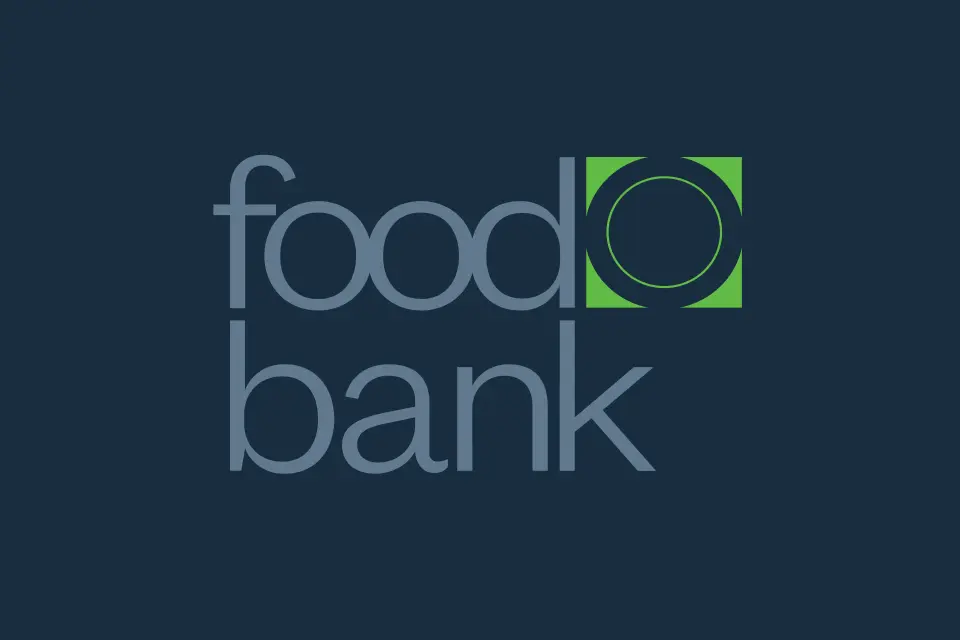Our Statement on USDA Elimination of Vital Hunger Data
Community members will gather on October 23 to make a difference at ”Smoke in the Pitt” — the region’s signature event supporting efforts to end hunger and its root causes.
Presented by longtime Food Bank partner Food Lion, the event will feature regional dishes, a silent auction, and other exciting activities to support over 65,000 neighbors who are food insecure in Edgecombe, Greene, Lenoir, Pitt, and Wilson Counties. Just one $50 ticket can provide 250 meals for local families facing hunger!
Hosted at ECU in Harvey Hall at the Murphy Center, this year’s “Smoke in the Pitt” takes place as the government shutdown and deep cuts to federal programs are worsening food insecurity locally — a crisis that was already at a 20-year high in the Greenville region. All proceeds remain in the Greenville area, supporting hunger relief efforts across the Food Bank’s local network of 150+ no-cost markets, food pantries, meal sites, and delivery programs.
Over the past year, the Food Bank at Greenville provided more than 12 million meals for local families, as food insecurity soars in the region, where one in five people struggle to consistently put food on the table. The government shutdown is creating even more uncertainty for thousands of families in the Greenville area who depend on federal services, benefits, and paychecks. "Smoke in the Pitt" is a community-driven event that seeks to generate ongoing support for impacted neighbors and move closer to a future where no one goes hungry.
Whykeshia White, the Food Bank's Development Officer for the Eastern Region, has seen the community come together time and again to nourish local families. Volunteers meet daily at the Food Bank to sort fresh produce and assemble food boxes for neighbors facing hunger — products that are increasingly purchased with community donations as federal support wanes.
– Jason Kanawati Stephany Food Bank Vice PresidentPoliticians in Washington voted to slash the federal safety nets that help millions of people in North Carolina afford food and medicine. They know their decisions will worsen our hunger crisis, and now they're attempting to hide the evidence by eliminating impact data that has been available to the public for decades.
Administrative changes at the USDA can't erase the reality our communities face every day: the price of groceries remains out of reach for far too many families — and more people are seeking food assistance today than any point in the past 20 years.
Our hunger relief network relies on this data to target resources where they're needed most, especially in rural communities where services are more difficult to access. The General Assembly and state agencies need reliable data to make smart investments in the most effective programs. This information takes even greater importance when tight budgets require tough decisions — and there are no shortage of difficult fiscal discussions underway right now.
We need our Members of Congress to understand the impact this irresponsible decision will have on kids, seniors, and people with disabilities across North Carolina. It's incredibly important that we all make our voices heard and urge elected leaders to restore vital hunger data.
In addition to Food Lion, “Smoke in the Pitt” is supported by Community Leader Sponsors Aramark, Frito Lay, and ECU Health, as well as a host of incredible community supporters. The event generates a strong foundation of community support for the Food Bank at Greenville each year across volunteerism, financial donations, and advocacy for hunger relief policies.
– Jason Kanawati Stephany Food Bank Vice PresidentPoliticians in Washington voted to slash the federal safety nets that help millions of people in North Carolina afford food and medicine. They know their decisions will worsen our hunger crisis, and now they're attempting to hide the evidence by eliminating impact data that has been available to the public for decades.
Administrative changes at the USDA can't erase the reality our communities face every day: the price of groceries remains out of reach for far too many families — and more people are seeking food assistance today than any point in the past 20 years.
Our hunger relief network relies on this data to target resources where they're needed most, especially in rural communities where services are more difficult to access. The General Assembly and state agencies need reliable data to make smart investments in the most effective programs. This information takes even greater importance when tight budgets require tough decisions — and there are no shortage of difficult fiscal discussions underway right now.
We need our Members of Congress to understand the impact this irresponsible decision will have on kids, seniors, and people with disabilities across North Carolina. It's incredibly important that we all make our voices heard and urge elected leaders to restore vital hunger data.
Entry 13955
Support Local Hunger Relief
Noticias y actualizaciones
Ver todas las noticias
Market on Greenfield Celebrates One Year Serving Wilmington Families

Food Resources & Support for Families in Richmond County

Honoring Governor Jim Hunt’s Legacy

Black History and the Fight to End Hunger
Manténgase conectado con el Banco de Alimentos
Regístrese para recibir correos electrónicos con actualizaciones, recursos y formas de participar.
